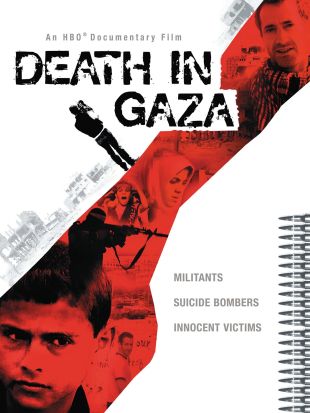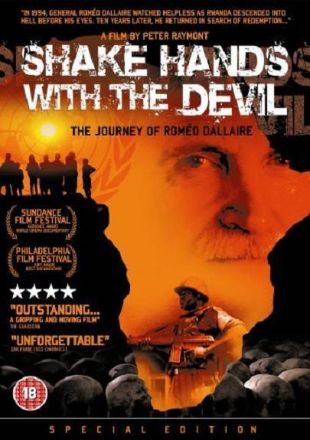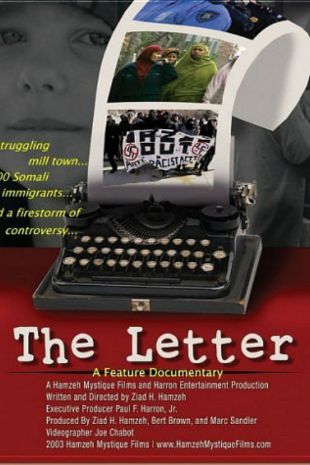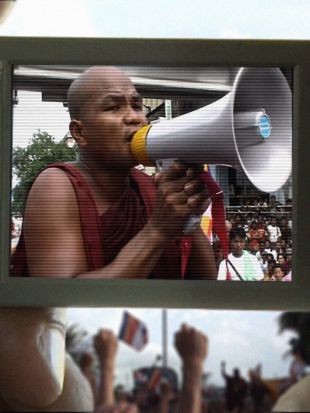The World Stopped Watching (2003)
Directed by Peter Raymont / Harold Crooks / Lindalee Tracey
Sub-Genres - Biography, Journalism, Media Studies, Social Issues |
Release Date - Nov 20, 2004 (USA - Limited) |
Run Time - 82 min. |
Countries - Canada |
MPAA Rating - NR
Share on
Synopsis by Mark Deming
In the '80s, political unrest in Nicaragua became a leading news story around the world after the left-wing (and Socialist influenced) Sandinista rebels gained control of the nation following the collapse of the corrupt regime of Anastasio Somoza. The United States, who had backed Somoza, was unhappy with this turn of events and attempted to unseat the Sandinistas by giving financial and military support to the Contras (right-wing guerillas loyal to Somoza), largely through illicit means. The media took it upon themselves to put Nicaragua's trials in the spotlight, and in 1987, the documentary The World Is Watching examined how the international attention given to the story by the media impacted the battle between the Sandinistas and the Contras, as well as offered the perspectives of the reporters covering these events. At the dawn of the 21st Century, however, press coverage of Nicaragua had all but vanished while the nation's problems continued to grow in the face of dire poverty, poor education, disease, and continued unrest. The World Stopped Watching picks up where the earlier film left off as filmmaker Peter Raymont and his crew travel to Nicaragua to explore what became of the nation's revolution, how the people feel about the struggle of Right versus Left (and Ronald Reagan's role in the conflict) over 15 years later and speak with those who witnessed the turmoil first hand. Produced in part by the National Film Board of Canada, The World Stopped Watching has been released in two versions -- a 57-minute cut for television and an 82-minute edition for theatrical release.
Characteristics
Moods
Themes
Keywords
community, democracy, follow-up, journalism, news, Nicaragua, reporter, revolution, social-change, Third-World





